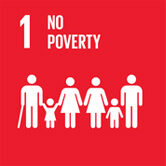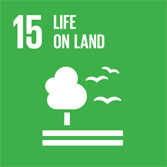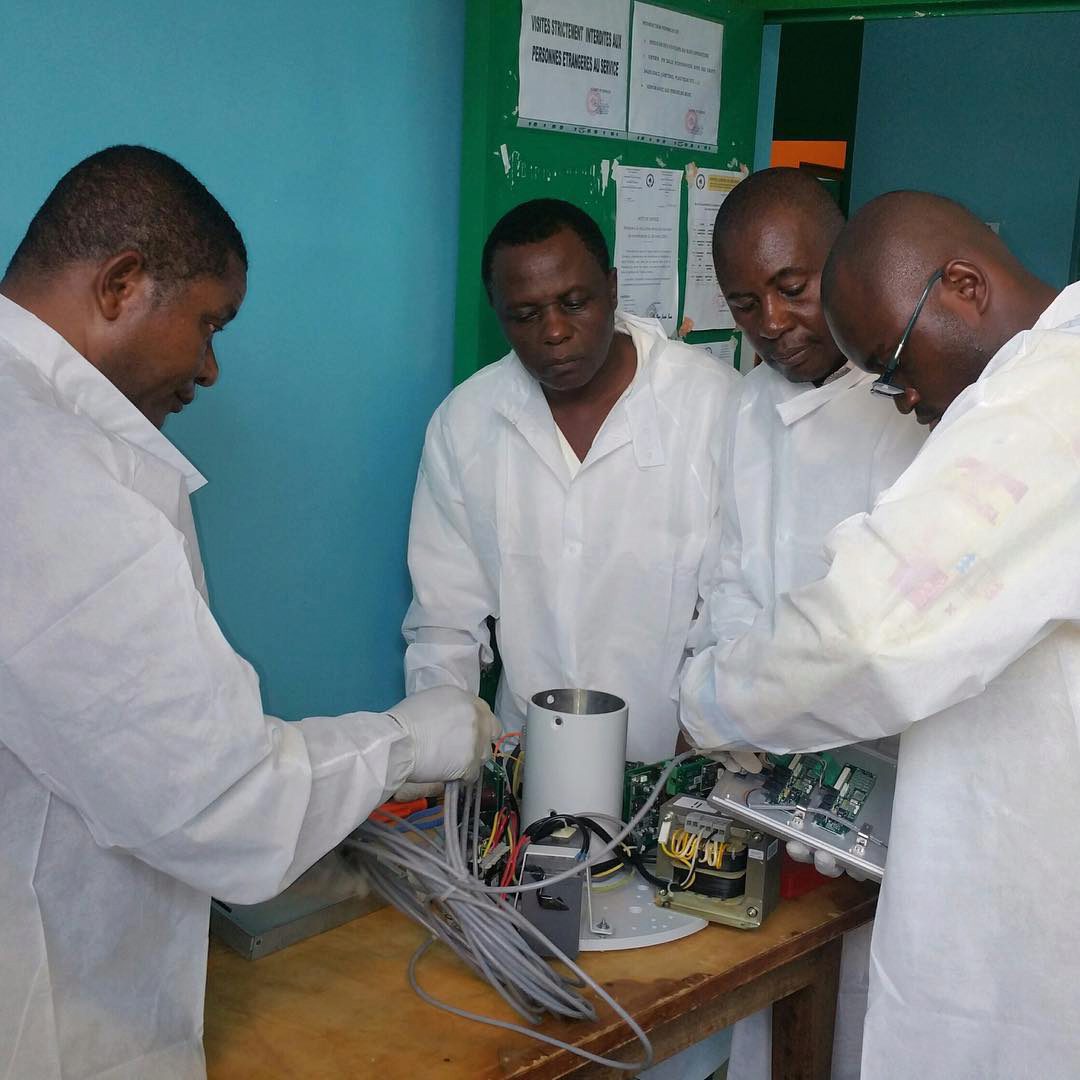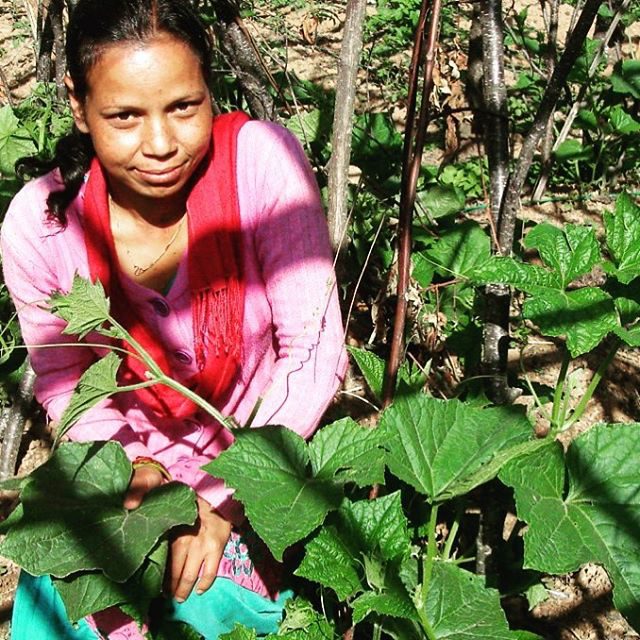
2012 Winner: KOMAZA
In Kiswahili, the word KOMAZA means “to promote development and encourage growth.” KOMAZA is a pioneering forestry social enterprise that works to unlock the economic potential of tree farming in drylands across Africa. KOMAZA targets the hardest-to-serve families and works with them to establish small woodlots of drought-resistant, fast-growing trees. KOMAZA generates life-changing income for rural families while creating a sustainable wood supply for the African market that combats deforestation. KOMAZA forms a long-term partnership with each farmer, creating a mutually beneficial economic relationship. Their solution is centered on partnering with rural farmers at the base of the pyramid to produce a sustainable resource that meets unmet market demand. By avoiding the distribution of handouts, KOMAZA replaces charity with entrepreneurship and agribusiness.

Primary Area of Impact: Economic Development
Geographic Areas (Continents): Africa, Asia, South America
Geographic Areas (Countries): Kenya, Mozambique, Somalia, Tanzania
Year Founded: 2006
Mission: KOMAZA is a not-for-profit social enterprise growing sustainable incomes for the next generation.
Website: www.komaza.com
The only solution to Africa’s wood supply crisis is to plant tens of billions of trees.
Social Challenge
Approximately 2.1 billion people worldwide live on drylands, and rural families in remote drylands are the poorest and least developed on earth; their infant mortality rates are the highest and their GNP per capita the lowest. Conditions in these areas lead to the highest population growth of any ecological zone: a staggering 18.5%. In drylands around the world, deforestation leads to desertification, which leads to death. Traditional aid, largely successful at keeping the poor at subsistence levels of living, cannot solve this challenge. The challenges of dryland poverty and environmental degradation are inextricably linked because families cannot grow enough food to survive, so they extract what meager wealth they can from the environment, eroding the very resource that sustains them. When drought and environmental degradation result in poor harvests, families face famine, high infant mortality from malnutrition, and high drop-out rates from schools due to lack of money for fees. This is an unsustainable system heading for environmental, economic, and community collapse.
UN Sustainable Development Goals (SDGs)
Leadership
KOMAZA’s unique microforestry program targets the hardest-to-serve families living in remote drylands in rural Africa. KOMAZA provides farmers with farm inputs, tools, and hands-on training to grow woodlots on their unused land. Once mature, KOMAZA sells the trees grown by these farmers as high-value wood products to generate life-changing income for their families and to create a sustainable wood supply to abate deforestation. By addressing poverty alleviation through market-based solutions, KOMAZA eases pressure on indigenous forests, restores degraded landscapes, and helps Africa’s farmers make life-long investments in their families’ futures. KOMAZA also provides employment for the local community, offering steady wages, technical training, and professional development opportunities for their employees, most of whom have never had any formal employment.
Impact
In just the first 4 years of putting microforestry in action, KOMAZA had planted almost 700,000 trees with nearly 3,000 farmers in arid and semi-arid lands in Ganze, Kenya. After their first harvest, they returned $208 on average to each farmer, which is the equivalent of 4 months’ worth of wages. 67% of farmers planned to use the extra income on school fees for their children while others planned to use the money to improve current livelihoods, invest in new enterprises, and improve living conditions by installing running water or electricity in their homes. KOMAZA continues to create sustainable economic opportunities through microforestry to help lift rural farmers out of poverty. As of 2018, KOMAZA has planted 2,000 hectares of trees, working with approximately 6,000 farmers.
Innovation
KOMAZA exemplifies a successful, innovative social enterprise and serves as a model to other organizations aiming to produce scalable, sustainable solutions to global problems. KOMAZA’s microforestry initiative is a unique combination of microfinance, sustainable forestry, and conservation. This microforestry model aligns farmer supply with market demand. In this model, one of KOMAZA’s key drivers of success is their field extension network, which unites both the innovative tech solutions used to interact with masses in the developing world and the traditional, face-to-face communication necessary in rural areas. KOMAZA continues to invest resources in finding a workable, scalable solution and to develop an information management platform that suits the needs of the organization and their beneficiaries and can be replicated in the wider development industry.
Transferability
KOMAZA offers an internationally scalable, market-based solution to poverty and deforestation. Microforestry is a model that has the intrinsic potential to get millions of families out of poverty. With investment for initial growth, KOMAZA will become financially self-sustaining and self-scaling in the future. All their operations, support systems, and infrastructure have been designed from the beginning to be easily replicated in new locations and self-sustaining at scale, requiring minimal oversight from high-level staff. The core of their business is a low-cost field extension network hired from the communities in which they work. KOMAZA also works directly with community leaders, chiefs, elders, division officers, etc. to gain their support early on, especially as they expand to new locations. KOMAZA partners with major government entities, such as Kenya Forestry Service, Kenya Forestry Research Institute and Kenya Agricultural Research Institute for technical and regulatory advice. Building awareness and reputation is key to gaining acceptance for super-scaling.
Accomplishments
- Featured in Fast Company, Stanford Social Innovation Review, World Resources Institute, The Guardian, Forbes, etc.
- One of the recipients of the newly established venture fund from Conversation International, 2019
- KOMAZA’s The Harvest Contract Vehicle (HCV) for Smallholder Tree Financing was selected as one of the top finance instruments for action on climate change in developing countries by The Lab, 2018
- Africa Prize in the William James Foundation Competition, 2011








